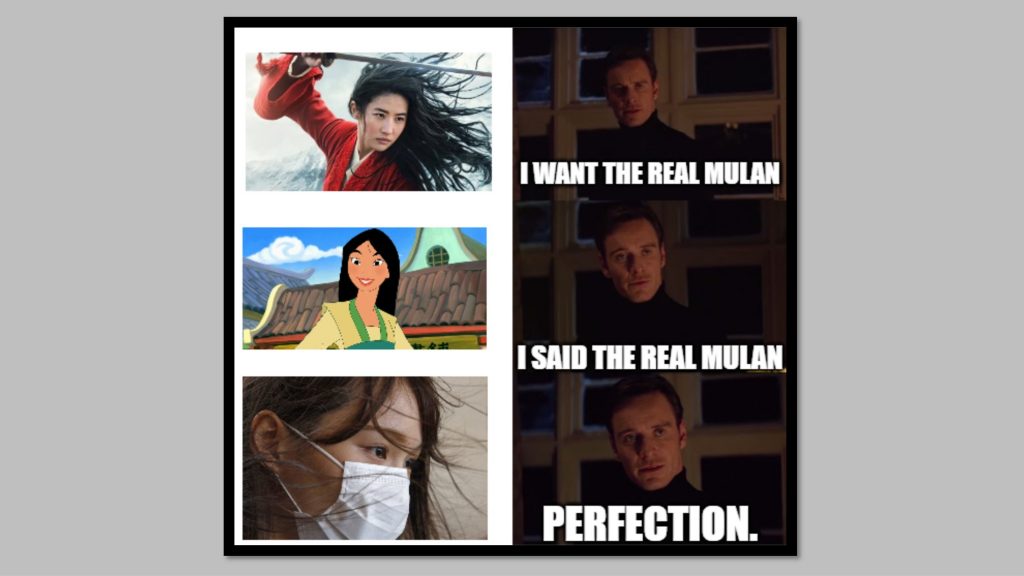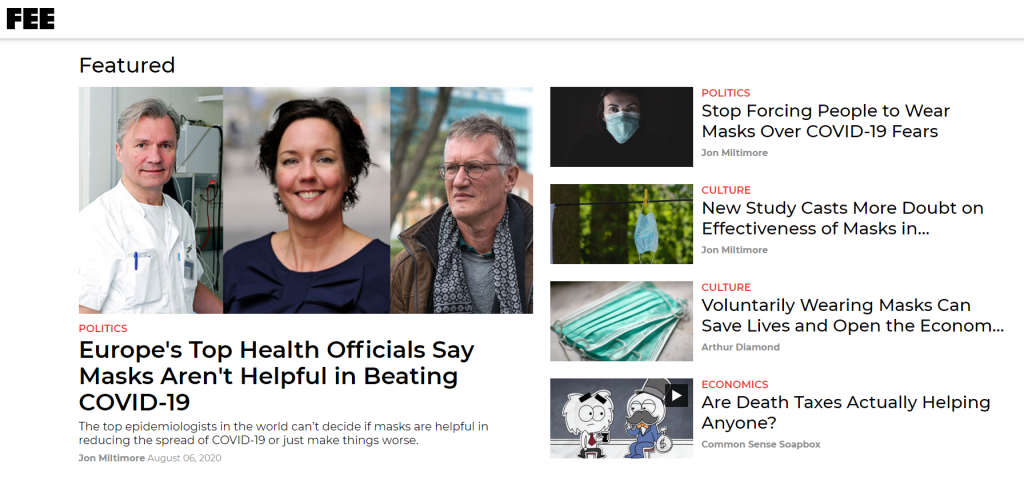(p. B1) When China came under attack online, Mr. Liu was one of the legions of Chinese students studying abroad who posted in its defense. He condemned the pro-democracy protests in Hong Kong, which he saw as an effort to split a uniting China. After President Trump called the coronavirus the “Chinese virus,” Mr. Liu turned to Twitter to correct those who used the term.
“I was a real little pink,” he said, using a somewhat derogatory term for the young, Communist-red Chinese nationalists who use the internet as a patriotic battleground to fight those who disparage China.
Then Mr. Liu, 21, discovered that the country he had long defended didn’t want him back.
. . .
Mr. Liu and many other countless Chinese people stranded overseas are, for the first time, running afoul of one of their country’s bedrock political prin-(p. B5)ciples: National interests come before an individual’s needs.
. . .
“Can you imagine what it was like when one day someone told you what you believed firmly wasn’t actually true?” Mr. Liu said.
. . .
“In the real world, there’s no wolf warrior coming to my rescue,” a Chinese student in Japan posted on Weibo.
. . .
While the students were outspoken in their anonymous social media comments, they were more reserved in interviews. Mr. Liu, for example, focused his frustration on China’s aviation regulator, which recently backed down after U.S. officials challenged its limits on foreign airlines. Ms. Leng, of Troy University, said she understood the regulator’s motivations.
But some admitted to what might be a new feeling: fear. The student from Japan who invoked “Wolf Warrior 2” said she feared retribution by the Chinese government if she spoke to me.
Then she invited me into a WeChat group of nearly 500 Chinese students exchanging information about flights, visas, schools and frustrations. They told one another not to give news interviews, not even to the Chinese media, for fear of government punishment.
When they sometimes couldn’t help curse the government or the policy, someone would quickly warn that they had better shut up or risk losing their WeChat accounts or even being invited for a chat once they’re back in China.
One student, after being warned, posted an emoticon of the 12 core socialist values that every Chinese citizen is supposed to live by, posting it five times in a row, as if pledging his loyalty to the surveillance state.
“I grew up under the red flag and received the red education,” Mr. Liu said to me. “But what can I say now?”
(Note: the online version of the story has the date June 24, 2020, and has the title “THE NEW NEW WORLD; Trapped Abroad, China’s ‘Little Pinks’ Rethink Their Country.”)



